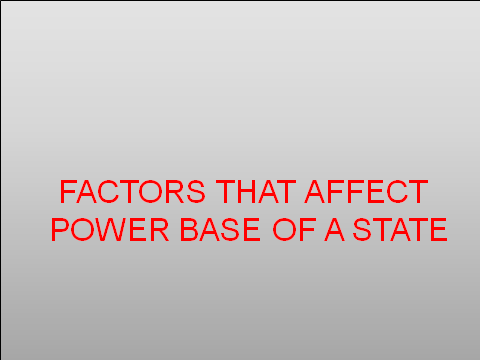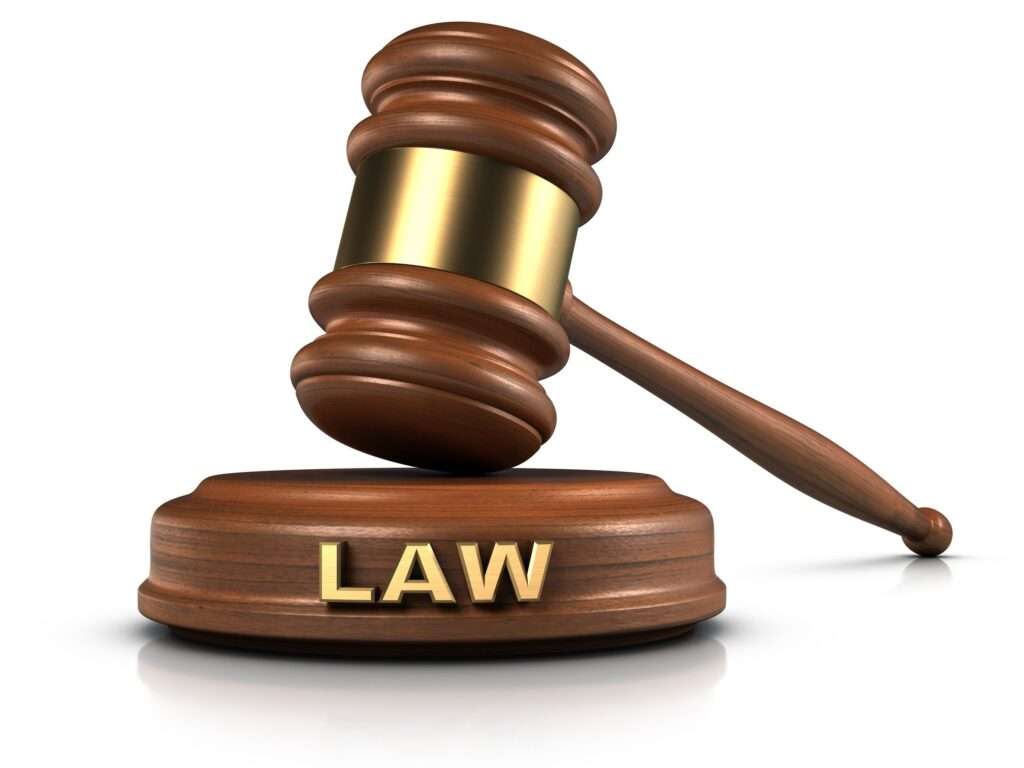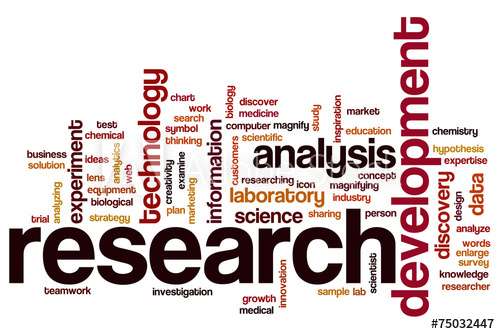FACTORS THAT AFFECT POWER BASE OF A STATE
This article comes out with various factors that affect power base of a state. Some of these factors include: Population, size of the territory, Geographic location, Military might, government,
Definition of Power base of a State
Power base of a State is characterized by:
Its legality: power base of a State is exercised according to legal forms. In other words, it is a power of law as opposed to a power of fact. Its acts therefore obey formalism and are taken according to a regular procedure. They are justified by a rule of law (Constitution, law, regulation
Its goal: Such a power is motivated by the pursuit of the general interest which distinguishes it from the power exercised by non-State legal persons.. The latter are ‘ animated by other goals, for example a company is seeking the biggest profit.
However, at the international level, a State can be recognized without the government fulfilling the conditions of effectiveness. What matters ultimately is the ability to engage the State and the recognition by other States.
The recognition gives a state the right to be subject of international law. It is good to know that recognition is an individual act of each State.
Thus, a State may decide not to recognize a government, even if the latter has been recognized by other States. This happened in Libya, Ivory Coast, Syria, etc.
Definition of the state
Max Weber defines the State as a compulsory political organization with a centralized government that maintains a monopoly of the legitimate use of force within a certain territory.
It applies to a human society envisaged as a political organism and especially to the apparatus which exercises in this society the directing and regulating function.
The Cameroonian State, for example, refers, on the one hand, to Cameroon considered as a political body in relation to other societies such as Gabon, South Africa, USA etc.
It also designates more especially officials who manage the public interests of Cameroonian, the governing and regulating apparatus of the Cameroonian society.
According to Machiavelli, State is highest form of human association, as it is indispensable for the promotion of human welfare, while according to Aristotle, “if all communities aim at some good, the state aims at the good in a greater degree than any other, and at the highest good.”
The Montevideo Convention on Rights and Duties of States in 1933 defined state as a space that possesses the following:
A permanent population, a defined territory and a government that is capable of maintaining effective control over the corresponding territory and of conducting International relations with other states.
I therefore adopt the definition of the state by the Montevideo convention because it comes out with the major factors that determine the powerbase of a state
The Population size
Population refers to the community of people living in a State. It comprises both nationals and aliens, that it, citizens of another State living in the territory of the State.
Nationals of a State comprise those living in the territory as well as those living in a foreign State.
All the persons, citizens as well as aliens, who are living in the territory of the State are duty bound to obey the state laws and policies.
State is a community of persons. It is a human political institution. Without a population there can be no State.
Population can be more or less but it has to be there. There are States with very small populations like Switzerland, Canada and others, and there are States like China, India and others, with very large populations.
Size of the Territory
This is the second essential element that determines the powerbase of the State. State is a territorial unit. Definite territory is its essential component. A State cannot exist in the air or at sea.
The territory is the part of the geographical space that belongs to the State. This is the space on which the political authority will exercise its power.
All persons, organizations, associations, institutions and places located within its territory are under the sovereign jurisdiction of the State. Without territory, the power of the state cannot be exercised.
The territory. is delimited by borders. Section 2, paragraph 4, of the UN Charter emphasizes on the respect by third .
States and by the rulers of the integrity of any national territory and its borders. These can be natural or artificial.
Natural borders are for example a segment of a river, a river or a mountain, a sea, a forest, etc.
Artificial boundaries are determined by a treaty which fixes their limits. As a rule, the delimitation of borders is negotiated in a joint committee of all the parties involved.
When the boundaries are artificial, they do not always respect the socio-cultural reality of States as peoples may be torn between different States by setting artificial borders. This was particularly the case in Africa
The size of states matters little in the definition: there are micro-states like Monaco, San Marino, or Lichtenstein or gigantic states like Russia, Canada or China.
Monaco is the smallest UN state with 2.5 square kilometers and Vatican : City has only 700 inhabitants.
Geographical location of Territory
It should also be noted that state borders are often the subject of disputes between neighboring States.
We can cite the example of Cameroon and Nigeria regarding the Bakassi Peninsula and Sudan and South Sudan border about their middle border which is very rich in oil petroleum.
Also, the territory can be divided into portions for a good administration, in order to bring the administration closer to citizens.
Unless to be a tiny State, almost all the countries in the world use these territorial divisions either through federalism, regionalism, decentralization or deconcentration.
In Cameroon, the territorial divisions of the State are the region, the municipality, the division, and the subdivision.
Government structure
Government is the organization or machinery or agency or magistracy of the State which makes, implements, enforces and adjudicates the laws of the state. Government is the third essential element of the State. The state exercises its sovereign power through its government.
The effectiveness of government demands that it should be a government that has the means of action and the monopoly of coercion on the territory of the State.
The word ‘monopoly’, implies that only the state can legitimately resort to violence, and that all other associations or individuals within the territory have no right to use force without the authority of state.
This precision is important as in some cases, although a government claims the direction of a State, it is difficult to confirm its effectiveness.
Indeed, the effectiveness of government is often undermined by its lack of control of the entire state territory by another government which concurrently claims the control of the country (this was particularly the case during the 2011 post-election crisis in Céte d’Ivoire), or
by the fact that the government does not have the control and the monopoly upon the whole territory of the State (as it was the case in Mali with the putsch against President Amani Toumani Toure, as it is . currently the case in Libya, Syria, etc.).
The government benefits from public authority and the ability to command and be obeyed.
The State has the peculiarity in relation to all other legal persons, whether individuals or legal entities, of holding a legal power and the monopoly of use of force for the general interest.
Military Might of a state
Military might has to do with capability in terms of personnel and material that affect the capacity to fight a war.
Basically military might of a State is looked at in terms of military capability, military posture, posture and strength.
Throughout history, States have exercise distinct variations in portraying military might. Military might could be considered as one of the key factor that determine the power base of a State. The U.S. Armed Forces are considered the world’s most powerful military.
The military budget of the United States was US$693 billion in 2019, the highest in the world. In 2018, that accounted for 36 percent of the world’s defense expenditures.
However, in 2021, China had the largest armed forces in the world by active duty military personnel, with about 2.19 active soldiers. India, the United States, North Korea, and Russia rounded out the top five largest armies respectively
Economic strength
Economic strength also determines the powerbase of a State. Economic strength can be said to be the capability to meet the need of people for material and cultural wealth by itself, regardless of external uncertain environment, and this capability is expressed by economic foundation
Many international organizations and scholars, who are aimed to compare and assess country-specific economy or competitiveness, have set different standards and indicators and tried to assess the economic strength of individual country.
But most of these standards and indicators are for the assessment of individual aspects and what is worse; they are not suitable for the real situation of the countries concerned
Historical and Cultural Factors, Talents Skills and abilities of leaders also determines the power base of a State





